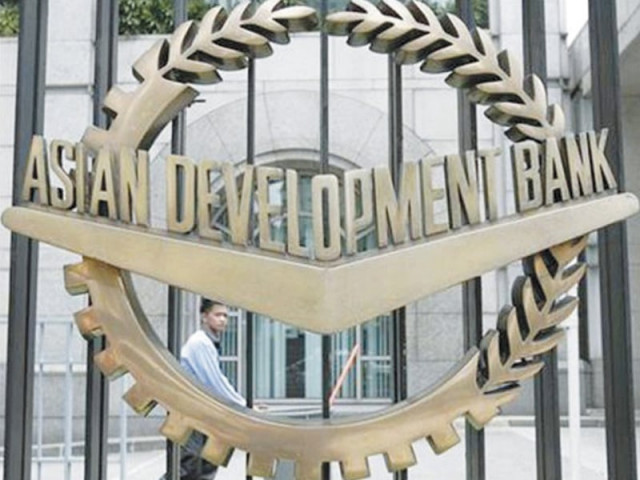Vocational education: ADB stops loan for $23m Balochistan project
Cites poor performance by donor agency’s country office and provincial govt.

“The project was too ambitious and complex for an underdeveloped area with difficult
socio-economic conditions,” reads the evaluation report. PHOTO: FILE
A $23 million project launched to revamp the technical and vocational education system in the most underdeveloped province, Balochistan, has failed to make a difference due to differences between the provincial government and the Asian Development Bank (ADB) over a set of reforms.
An independent evaluation report, prepared by ADB’s Manila office, highlighted the reasons that are almost common in every project funded by international lenders.
The ADB had approved “Restructuring of the Technical Education and Vocational Training System Project” for Balochistan at an estimated cost of $23 million. The Manila-based agency had to provide a $16 million loan, but disbursed only $4.04 million due to poor performance of the borrower and the lender’s country office. Interestingly, most of the expenditures were made on procurements.

The ADB had to prematurely terminate the loan due to extremely poor progress.
Ismail Khan, spokesman for the ADB’s country mission, said the project had been financed from a concessional financing facility, thus carried no commitment charges on the undisbursed amount.
“The project was too ambitious and complex for an underdeveloped area with difficult socio-economic conditions,” reads the evaluation report. In short, the project was irrelevant and ineffective.
The performance of both the ADB and the Balochistan government was termed “less than satisfactory”.
The project had been designed to address serious socio-economic problems like low education level, high unemployment and high poverty in the most underdeveloped federating unit that was also facing problems of insurgency.
The project’s aim was to create a vocational training system to produce graduates with skills that would help them get employment. The targeted population mainly comprised women and those from rural areas of the province.
The project was supposed to establish two polytechnic schools – one for men and one for women – and three training centres for women. However, none could be established as provincial authorities awarded contracts at three times the estimated cost, leading to their cancelation.
Consultants for the project could not be hired after the ADB’s Office of Anticorruption and Integrity rejected the shortlisted firm due to serious concerns.
The evaluation department noted that the project had many shortcomings due to poor design and overambitious reforms. The project design heavily relied on private sector cooperation without realising the lack of a vibrant private sector in the province.
Even the local ADB office and the Balochistan government were not on the same page. The ADB office had been pushing to bring structural changes including changing the curriculum and management of the technical education and vocational training system. The government, however, was more interested in improving infrastructure and equipment to strengthen its technical education network.
The allocation of resources was also unequal, as more money was allocated for procurements. The ADB also left loopholes, as the project design called for the construction of facilities that duplicated those funded by other donors or facilities that already existed, the report revealed.
The training, conducted by a construction company for technical education and vocational training institutions, was of low standard and lacked a suitable perspective for medium and long-term development planning.
Published in The Express Tribune, December 19th, 2013.
Like Business on Facebook, follow @TribuneBiz on Twitter to stay informed and join in the conversation.



















COMMENTS
Comments are moderated and generally will be posted if they are on-topic and not abusive.
For more information, please see our Comments FAQ